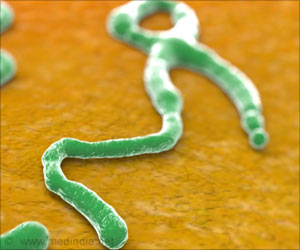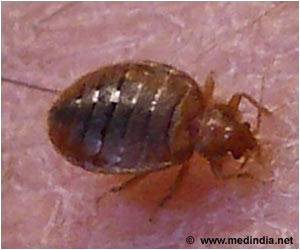Cholera outbreak in Vietnam has infected over 130 people this week. State agencies have launched a month-long public hygiene drive cracking down on dirty food stalls and dredging sewage-choked lakes.
Cholera outbreak in Vietnam has infected over 130 people this week. State agencies have launched a month-long public hygiene drive cracking down on dirty food stalls and dredging sewage-chokedlakes.
The epidemic of the dangerous bacterial disease -- the country’s third major outbreak since October -- has spread in recent weeks from its epicentre in Hanoi to southern Ho Chi Minh City and 16 provinces, officials said.Prime Minister Nguyen Tan Dung, at a weekend crisis meeting, ordered state agencies in the communist country to quickly come to grips with the epidemic, which has also seen over 1,300 people hospitalised with acute diarrhoea.
The disease, spread through unsafe food, "not only affects our people’s health but also socio-economic development, tourism and social security," he told ministers and provincial chiefs, according to the Tuoi Tre daily.
Cholera is an acute intestinal infection transmitted through water or food contaminated with the bacteria vibrio cholerae. It causes diarrhoea and dehydration and can lead to kidney failure and death if untreated.
Vietnam has so far reported no fatalities from the three outbreaks.
Of 1,335 acute diarrhea cases reported since early March, 136 patients -- or about 10 percent -- have tested positive for cholera, Deputy Health Minister Trinh Quan Huan said, according to the main government website.
Advertisement
Many farmers use fresh manure to fertilise vegetables and polluted water to irrigate fields. At tens of thousands of streetside food stalls, dishes and chopsticks are commonly washed using soapy but cold water.
Advertisement
"Fifteen trains a day take 3,000 passengers through 22 provinces," Huan said according to the Thanh Nien daily. "Only 100 out of 1,000 carriages have sanitary waste collection. This is a huge threat in spreading the germ."
In Hanoi, where at least 44 cholera cases have been reported, authorities have ordered the dredging of 31 lakes which, although picturesque, are often filled with sewage and are now seen as dangerous disease incubators.
City workers have already dumped over one tonne of chlorine into central Hanoi’s Linh Quang Lake and closed some restaurants and street stalls along its shore after six people living nearby tested positive for cholera.
Two thousand residents have been given cholera vaccines, reports said.
"It is a challenge with a sewerage system that has not kept pace as the population and urban density have increased," said Sean Tobin, a medical epidemiologist at the World Health Organisation in Vietnam.Tobin said Vietnam was now taking the right steps to fight the outbreak, the source of which remained unclear, but added that there had been "a little bit of a fog of information" on the spread of the disease.
Vietnam’s state-controlled media -- after months of focusing on the more benign sounding "acute diarrhoea" -- has now started to routinely use the word "cholera," a shift officials hope will help drive home the health threat.
In its month-long information campaign, the government will stress key public hygiene messages -- such as the need to wash hands after using toilets or handling garbage and before touching food, keeping kitchens clean, cooking food well, boiling drinking water, and avoiding unsafe streetside restaurants.
Source-AFP
THK/L









